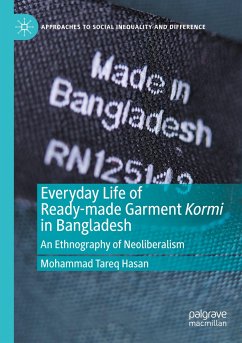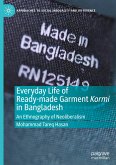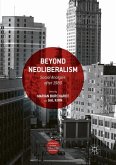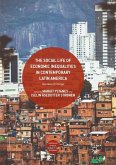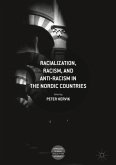This book portrays the scene where corporate international trade agreements, a new neoliberal state regime, and a growing textile market have contributed to the becoming of a new class of Muslim female workers-who labor in Bangladesh's apparel export factories under conditions of neoliberal capitalism. The garment kormi-often abstracted by the homogenizing category of the "garment worker"-remain lost in the statistics of development and empowerment or contrarily exploitation. Thereby, focusing on the everyday lives of garment kormi, i.e., workers' stories than on the collective of garment workers as a category, this book at one front highlights the neoliberal structures of difference and inequality, and on the other reflects on the potential of egalitarianism and change in terms of novel ways of comprising and expressing life-worlds. It shows that the values in life and the structures that govern life, such as contemporary Bangladesh's neoliberal order, kinship relationality, andreligiosity, are co-constitutive, multi-layered, and always on the move, never fixed.
Bitte wählen Sie Ihr Anliegen aus.
Rechnungen
Retourenschein anfordern
Bestellstatus
Storno

